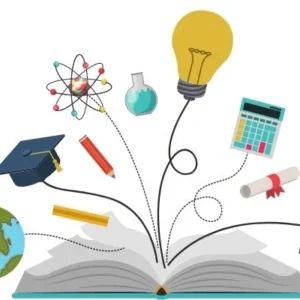The Mastercard Foundation has announced $235 million in funding to 30 post-secondary institutions and national Indigenous-led organizations in Canada to mark the 10th anniversary of the Truth and Reconciliation Commission’s Final Report and Calls to Action. This investment recognizes their achievements in advancing education for Indigenous youth and highlights the critical role education plays in reconciliation.
Over the past decade, these institutions have collectively supported the education of more than 30,000 Indigenous youth. The new funding will help them expand and strengthen programs in areas such as trades, technology, health care, and engineering, with the goal of doubling the number of Indigenous students enrolled over the next ten years. Selected organizations were chosen for their proven impact, strong accountability to Indigenous communities, and innovative programming that aligns with Indigenous priorities.
The initiative reflects how the aspirations of Indigenous youth are being supported through education pathways that foster meaningful livelihoods while respecting Indigenous rights and self-determination. In addition to scaling existing successes, the funding will enable knowledge-sharing among institutions, helping to create sustainable solutions for the future.
Since 2017, the Mastercard Foundation’s EleV Program has worked alongside partners across Canada to transform educational and employment opportunities for Indigenous youth. To date, it has reached more than 65,000 young people through education, entrepreneurship, and leadership development. This new commitment builds on that work, reinforcing long-term support for Indigenous-led transformation in education and community development.
Leaders from Indigenous institutions and partner universities welcomed the funding, calling it an act of solidarity with Survivors and their families, a step toward self-determination, and a commitment to ensuring Indigenous learners thrive. They emphasized that the investment strengthens autonomy, amplifies leadership, and provides opportunities for future generations.
This landmark support not only secures the stability of programs but also creates a national network of institutions dedicated to advancing Indigenous education. By integrating Indigenous knowledge and culture into post-secondary education, these efforts aim to equip Indigenous youth with the skills and opportunities to succeed while contributing to a more sustainable and inclusive future for all Canadians.







